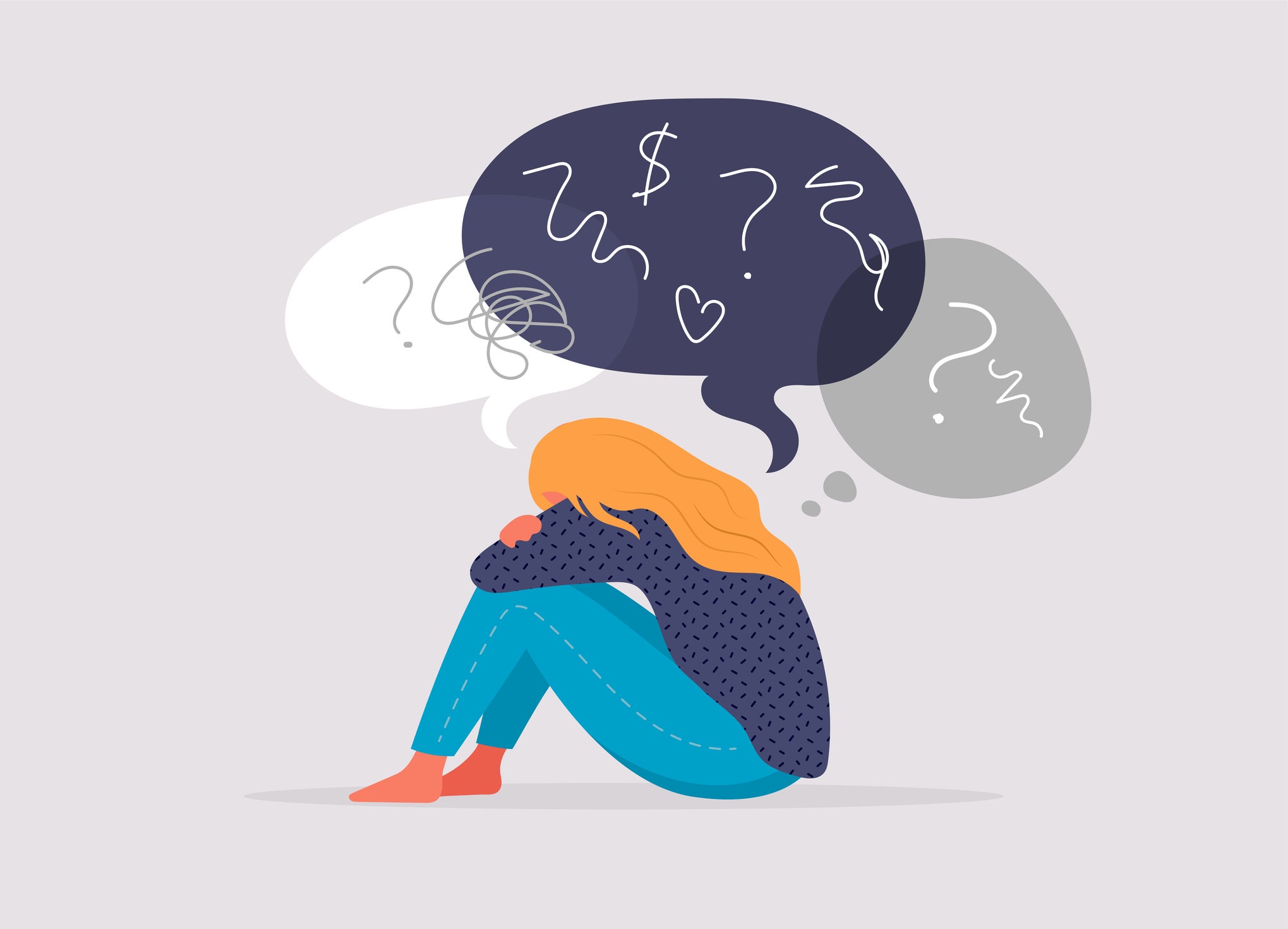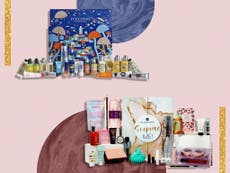Cue my anxiety over the annual ‘new year, new me’ pressure
Every year I agonise over who I should become, while a constant stream of brands bombard me with the message that change is a must if I’m to be happy


In the countdown to the new year, many of us are full of cheese, chocolates and booze. We’re lost in the post-festive lull, unsure of what day it is, and without a care in the world. Reality can wait.
Or, at least, that’s how it should be. But if you’re like me, there’s one thing that invades this festive no man’s land, and that’s anxiety.
I always have it in the run-up to Christmas, frantically worrying that I haven’t spent enough, as if money somehow reflects my feelings towards my loved ones. And once Christmas is over and the presents are unwrapped, the anxiety doesn’t go away – it only gets worse. It now has another fixation to obsess over: the “new year, new me” mantra peddled everywhere.
For many, the new year is a chance to change something about ourselves and to reinvent what we don’t like. It’s often fuelled by society telling us to want more, be more, do more, and eat less. We fall into this trap of feeling like we owe both ourselves and others a new version of who we are. We see ourselves as a problem to be solved, even if the problem isn’t actually there. We demonise fat, criticise low income, and see true self-care as secondary. We can’t relax now; we have to change.
It’s not that I don’t agree with setting resolutions. I appreciate that for some people they work wonders, helping to focus energy. However, resolutions can stem from a toxic tradition, one that demands we change something – anything – because a new year has begun.
As someone with chronic illness, resolutions are like a demon that never sleeps. The closer 1 January inches, the more the pressure bears down on me.
Every year I agonise over who I should become, while a constant stream of brands bombard me with the message that change is a must if I’m to be happy. I don’t feel happy though, I just feel guilty and confused, never able to switch off. None of us should be guilted into change.
I shouldn’t have to work myself into a frenzy about a date that means nothing other than the start of a new year. Why should 2022 mean I suddenly need to be all-singing, all-dancing Emma? There’s nothing wrong with who I am now. Yes, growth is good, as is change, but they should come through genuine exploration of oneself, not because capitalism says so. We let society’s unreachable standards inform our decisions, and we become swept up in the romanticism of change.
The Emma in my head can do everything: they get up at 5am, clean the house, go for a run, come back and go straight to work. They get dressed up for a night on the town, juggling massive groups of friends with ease, all while still having time for an active sex life, writing that book, baking, cross-stitching, and maybe engineering world peace, too. This fantasy Emma can and does achieve it all.
My fantasy then convinces the real me that the only way to be this person is to pin everything on a single date: 1 January. I ignore the realities of my body, my mental health and my life, because I have to succeed. After all, we always do well when suffocating under pressure, right?
But our fantasy selves rarely set us up to succeed. They set us up to fail. The “all or nothing” mentality they create can’t be sated, so we suffer under this simulacrum of reality, in turmoil and feeling like we’ve let ourselves down.
To keep up to speed with all the latest opinions and comment sign up to our free weekly Voices Dispatches newsletter by clicking here
I put ridiculous pressure on myself, more so than I normally do, to try and be this Emma whom I’ve never met. There’s a reason why I haven’t met her – she doesn’t exist. I’m not even sure I’d want her to exist if it was possible, because having worked myself into a breakdown only several months ago, fantasy Emma sounds on the verge of another.
But instead of accepting that truth, like many others I turn the disappointment inwards. I chastise myself, channelling self-hatred into every action. Instead of seeing the non-linear road that is growth, I see so-called failures wherever I turn. That’s the new year’s legacy.
I wish I could say this year was different, but after two hard years of a pandemic, where there’s no end in sight, I’m as anxious as ever. Fantasy Emma demands perfection, and although it’s an impossible goal, I’m still worrying about it.




Join our commenting forum
Join thought-provoking conversations, follow other Independent readers and see their replies